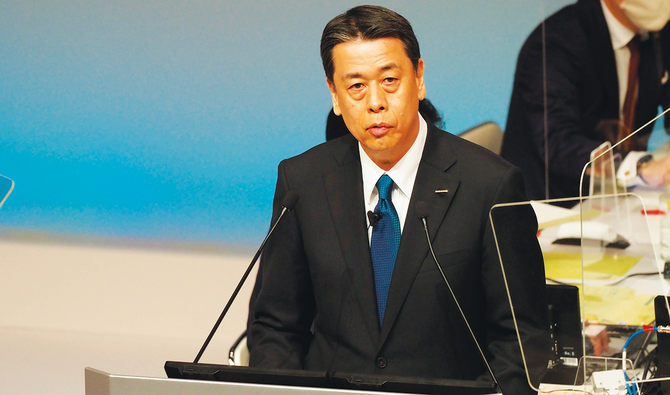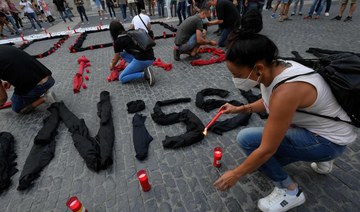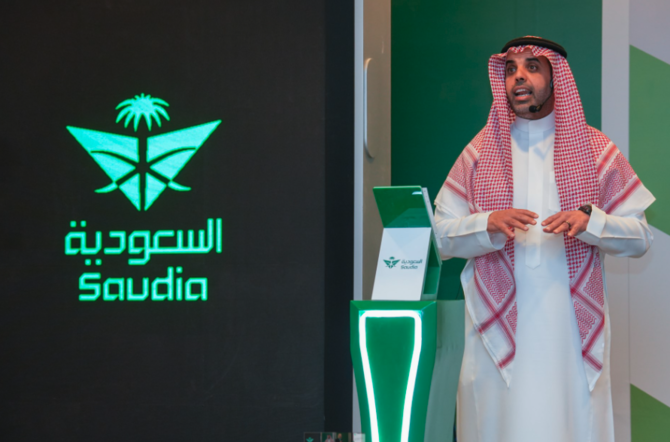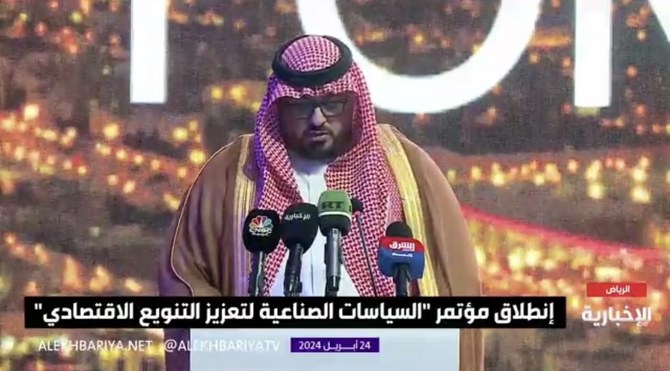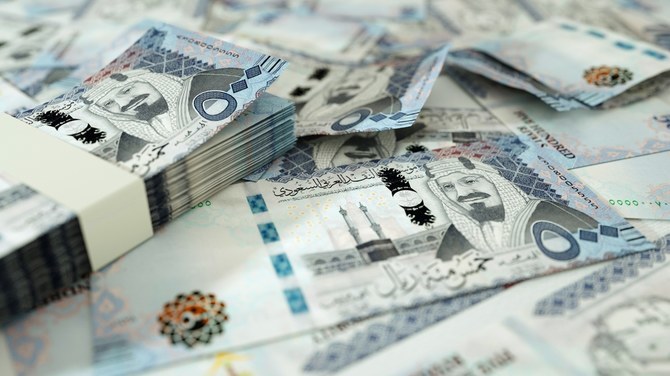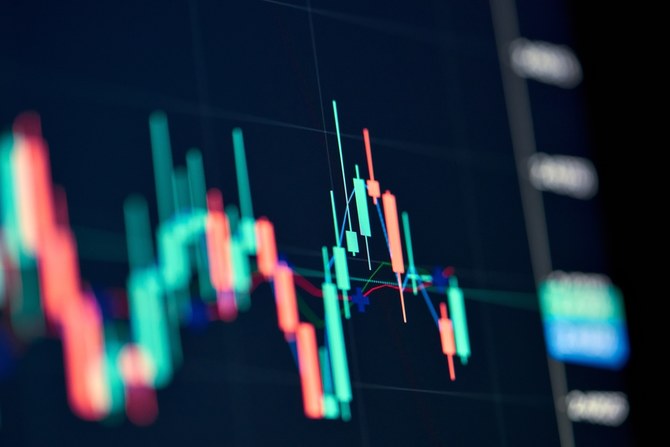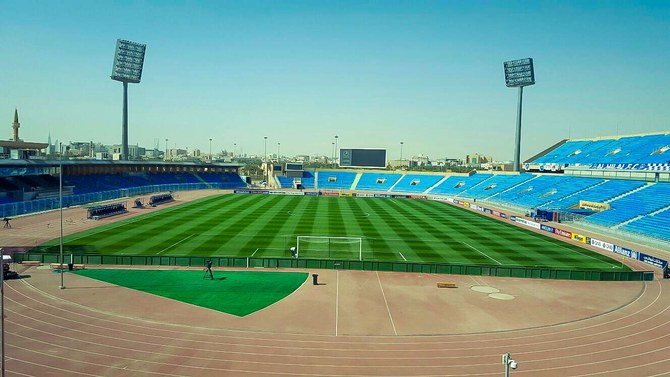TOKYO: Nissan Motor Co. Ltd. has blasted suggestions in media reports of a conspiracy within the company to oust former chairman Carlos Ghosn.
Ghosn’s 2018 arrest in Japan on financial misconduct charges has led to much speculation that the move was orchestrated by Nissan executives who opposed closer ties with partner Renault SA.
“I know that in books and the media there has been talk about a conspiracy but there are no facts whatsoever to support this,” Motoo Nagai, chairman of Nissan’s auditing committee, told shareholders at the company’s annual general meeting.
Responding to demands from a shareholder to address the speculation, Nagai argued that the investigation into Ghosn was conducted both internally and by outside law firms.
Monday’s meeting lasted almost two hours — twice as long as planned, as shareholders grilled CEO Makoto Uchida on how he planned to restore trust in the company following the Ghosn scandal, and revive sales in the US and China.
Uchida, who took the helm in December, told shareholders he would stick to his promise to step down as leader if he fails to deliver on a turnaround plan for the Japanese automaker, which last month reported its first annual loss in 11 years.
Seeking to slash costs and downsize after years of excessive spending in the pursuit of market share, Nissan plans to cut its model range by about a fifth and reduce production capacity, shuttering plants in Spain and Indonesia and laying off workers in countries including Mexico.
It now aims to sell 5 million vehicles a year, far fewer than past ambitions of 8 million.
After the shareholders’ meeting, the reappointment of all 12 board Nissan members was approved, shown by applause, and including votes taken ahead of time.
The board members include Jean-Dominique Senard, chairman of Nissan’s alliance partner Renault, who took part online from France but said nothing.
Uchida told shareholders he is giving up half his pay. He apologized for the poor results and promised a recovery by 2023, driven by cost cuts and new models showcasing electric car and automated-driving technology.
“We will tackle these challenges without compromise,” he said.
“I promise to bring Nissan back on a growth track.”
All the world’s automakers have been hurt by nose-diving sales caused by the coronavirus pandemic.
Nissan, based in Yokohama, Japan, sank into its first annual loss in 11 years, reporting a 671.2 billion yen ($6.3 billion) loss for the fiscal year that ended in March.
It has not given a projection for this fiscal year, citing uncertainties over the virus outbreak.
One angry shareholder got up and said executives should give up more of their pay since investors were getting zero dividends.
Another said Nissan needed to do more to strengthen its governance, arguing things have been getting worse, not better, since the departure of Ghosn, who was arrested in late 2018.
One stock owner appeared to speak up for Ghosn, stressing Nissan had lost people’s trust after ousting him without giving him a chance to defend himself over problems that might have been solved internally, instead appearing to collude with prosecutors and government officials.
Nissan officials denied any collusion and said the company has sued in civil court, seeking compensation for the damages it says it suffered because of Ghosn.
Ghosn was set to face trial in Tokyo on charges of under-reporting future compensation and breach of trust when he fled to Lebanon in late 2019. He says he is innocent.
Uchida again outlined Nissan’s strategy to focus on three major global markets, Japan, China and North America, including Mexico, and relying on alliance partners for the other markets. The company also plans to reduce the number of models it offers.
Uchida reiterated Nissan wants to close the Barcelona plant, but said negotiations were ongoing.
Auto union workers have protested the move, which will lead to the loss of 3,000 jobs in the region.
One shareholder got applause from the crowd when he said Nissan lacks an attractive vision compared to Japanese rivals Toyota, which is aggressively developing ecological technology, and Honda, boasting robots and jets in its lineup.
Two men suspected of helping Ghosn’s escape were arrested last month in the US Japanese prosecutors are seeking their extradition.
Japan is also trying to get Ghosn extradited, but Japan has no extradition treaty with Lebanon.



